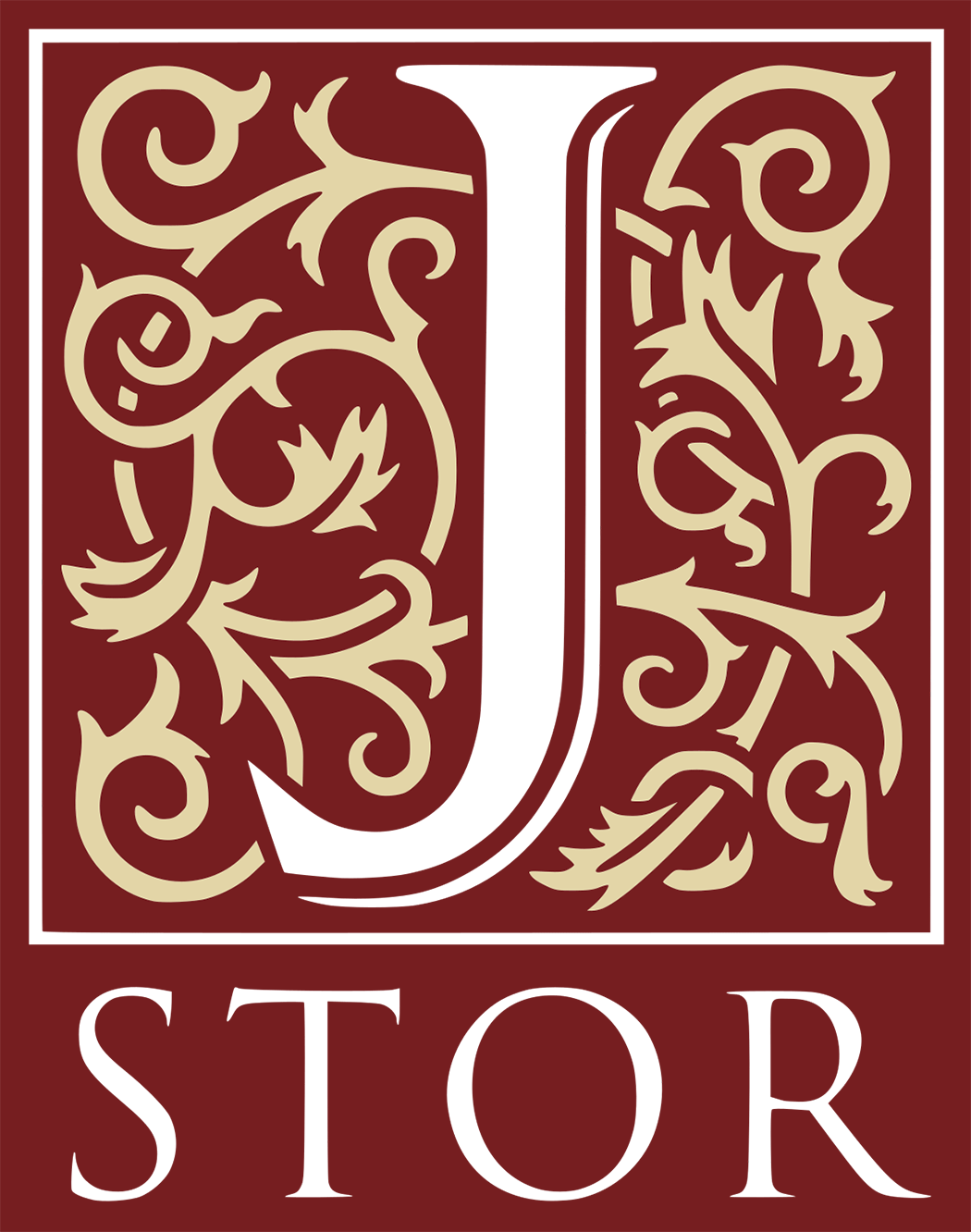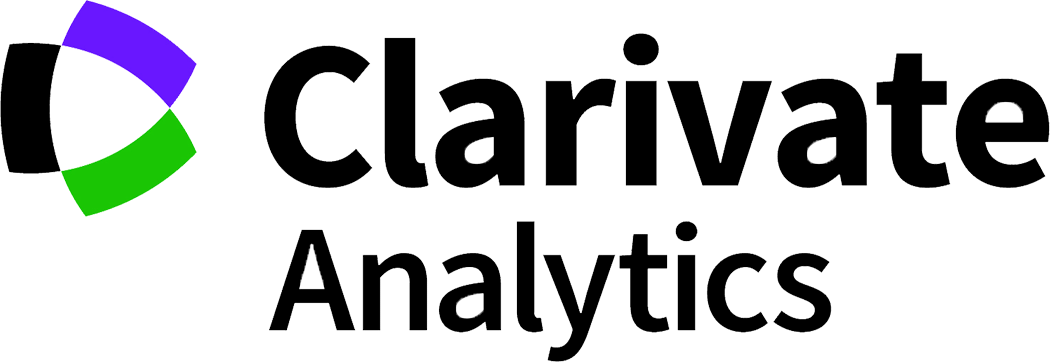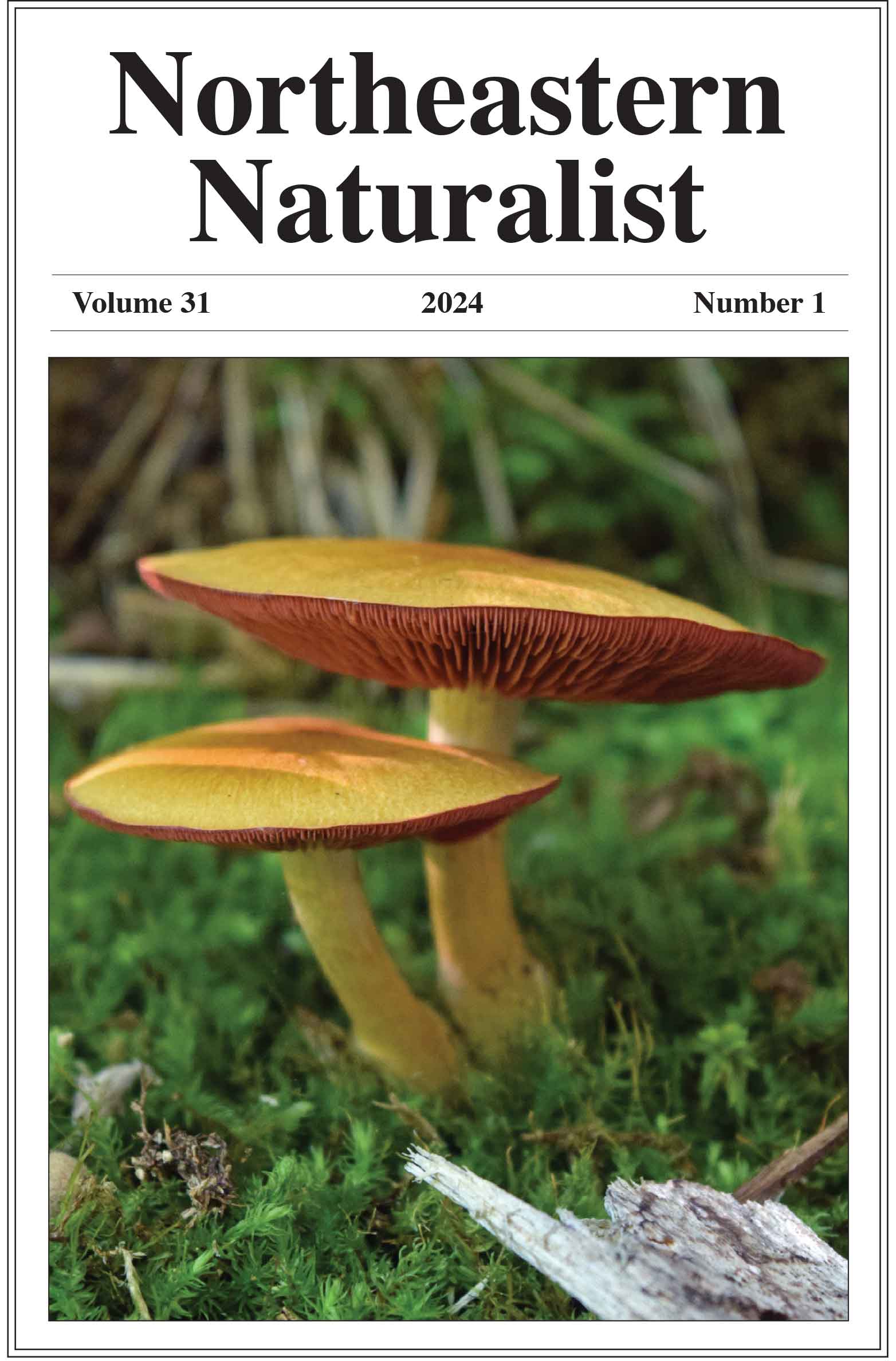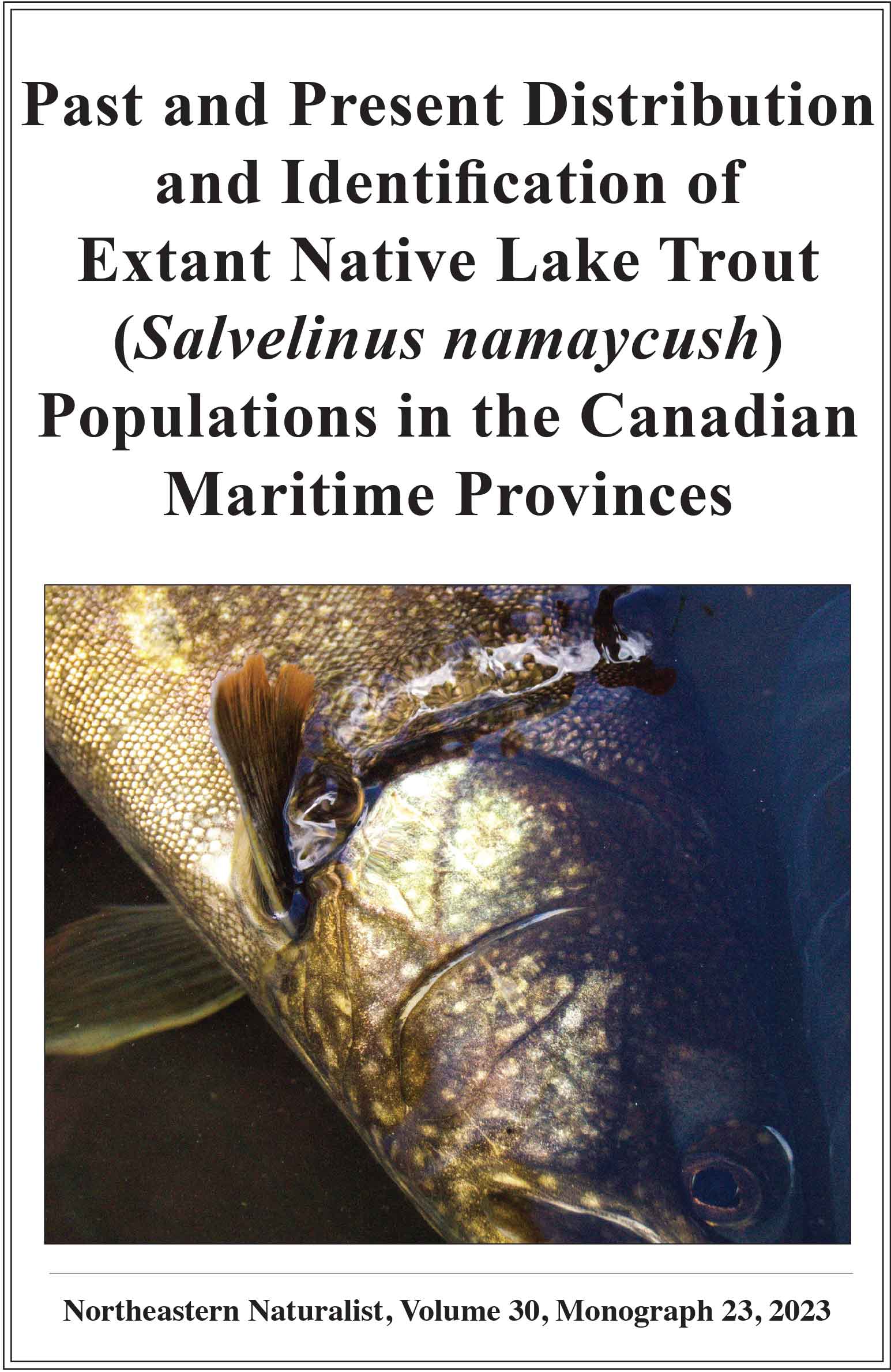Physiological Effects of Limb Loss on the Asian Shore Crab, Hemigrapsus sanguineus
Ashley Vernier1 and Blaine D. Griffen1,*
1Department of Animal Sciences and Department of Agriculture and Biological Engineering, University of Illinois at Urbana-Champaign, 1304 West Pennsylvania Avenue, Urbana, IL 61801. 2Department of Biology, Shippensburg University, 1871 Old Main Drive, Shippensburg, PA 17257. 3Section of Zoology and Botany, State Museum of Pennsylvania, 300 North Street, Harrisburg, PA 17120. *Corresponding author.
Northeastern Naturalist, Volume 26, Issue 4 (2019): 761–771
Abstract
Invasive species pose a considerable threat to biodiversity and the functioning of the ecosystem. Hemigrapsus sanguineus (Asian Shore Crab) has outnumbered native crabs on the northeast coast of North America since shortly after its introduction in the late 1980s. Asian Shore Crabs occur in high densities along much of the Atlantic coast from Maine to North Carolina. Our research focused on the relationship between limb loss and energy use and storage in both male and female Asian Shore Crabs as a means of understanding their ability to reach high population densities. We sampled 154 crabs of both sexes from Odiorne Point State Park in Rye, NH. We then dissected the individual specimens and measured limb loss and the mass of the hepatopancreas (an energy storage organ) and gonads. Our findings reveal that limb loss has similarly limited impacts on male and female crabs in terms of both energy storage and reproductive effort. We conclude that despite a high frequency of injury, the energetics of Asian Shore Crabs were largely unaffected, and that this may be one reason why this species has been able to achieve sustained high densities throughout much of its invaded range.
![]() Download Full-text pdf (Accessible only to subscribers. To subscribe click here.)
Download Full-text pdf (Accessible only to subscribers. To subscribe click here.)
Access Journal Content
Open access browsing of table of contents and abstract pages. Full text pdfs available for download for subscribers.
Issue-in-Progress: Vol. 31 (2) ... early view
Check out NENA's latest Monograph:












 The Northeastern Naturalist is a peer-reviewed journal that covers all aspects of natural history within northeastern North America. We welcome research articles, summary review papers, and observational notes.
The Northeastern Naturalist is a peer-reviewed journal that covers all aspects of natural history within northeastern North America. We welcome research articles, summary review papers, and observational notes.